Israel, Iran trade strikes as air war escalates with no end in sight
Iran strikes Israeli defence sites in Haifa, Tel Aviv with missiles and drones as Israel targets Iranian nuclear sites
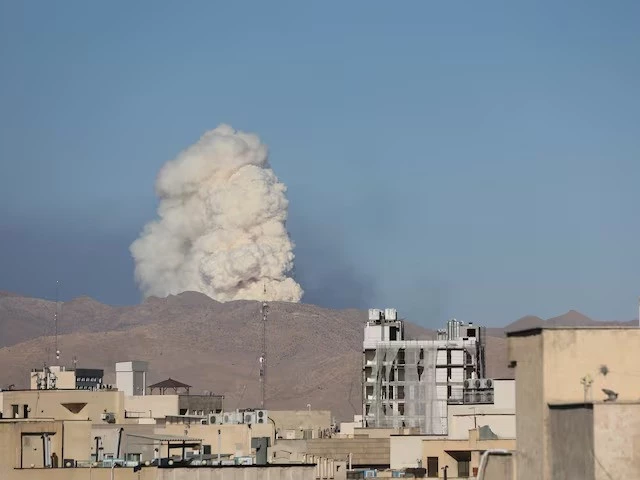
Israel bombed nuclear targets in Iran on Thursday and Iran fired missiles and drones at Israel after hitting an Israeli hospital overnight, as a week-old air war escalated with no sign yet of an exit strategy from either side.
Following the strike that damaged the Soroka medical centre in Israel's southern city of Beersheba, Prime Minister Benjamin Netanyahu said Tehran's "tyrants" would pay the "full price".
"Are we targeting the downfall of the regime? That may be a result, but it's up to the Iranian people to rise for their freedom," Netanyahu said. "Freedom requires these subjugated people to rise up, and it's up to them, but we may create conditions that will help them do it."
Defence Minister Israel Katz said the military had been instructed to intensify strikes on strategic-related targets in Tehran in order to eliminate the threat to Israel and destabilise the "Ayatollah regime".
Israel's sweeping campaign of airstrikes aims to do more than destroy Iran's nuclear centrifuges and missile capabilities. It seeks to shatter the foundations of Supreme Leader Ali Khamenei's government and leave it near collapse, Israeli, Western and regional officials said.
Netanyahu wants Iran weakened enough to be forced into fundamental concessions on permanently abandoning its nuclear enrichment, its ballistic missile programme and its support for militant groups across the region, the sources said.
US President Donald Trump, meanwhile, has kept the world guessing, veering from proposing a swift diplomatic end to the war to suggesting the United States might join it. On Wednesday, he said nobody knew what he would do.
A day earlier he mused on social media about killing Khamenei, then demanded Iran's unconditional surrender. Three diplomats told Reuters that Trump's special envoy Steve Witkoff and Iranian Foreign Minister Abbas Araqchi have spoken by phone several times since Israel began its strikes last week.
In an apparent reference to the US, Iran's Supreme National Security Council said on Thursday it would use a different strategy if a "third party" joined Israel in the war.
STRAIT OF HORMUZ THREAT
In the latest wave of attacks, Israel said it had struck Iran's Natanz and Isfahan nuclear sites. It initially said it had also hit Bushehr, site of Iran's only functioning nuclear power plant, but a spokesperson later said it was a mistake to have said this.
An Iranian diplomat told Reuters Bushehr was not hit and Israel was engaged in "psychological warfare" by discussing it. Any attack on the plant, near Arab neighbours and housing Russian technicians, is viewed as risking nuclear disaster.
A week of Israeli air and missile strikes has wiped out the top echelon of Iran's military command, damaged its nuclear capabilities and killed hundreds of people. Iranian retaliatory strikes have killed at least two dozen civilians in Israel.
On Thursday, Iran's Revolutionary Guards said in a statement it had launched combined missile and drone attacks at military and industrial sites linked to Israel's defence industry in Haifa and Tel Aviv. Israel reported missiles launched from Iran towards its territory.
Iran has been weighing its wider options in responding to the biggest security challenge since its 1979 revolution.
A member of the Iranian Parliament's National Security Committee Presidium, Behnam Saeedi, told the semi-official Mehr news agency Iran could consider closing the Strait of Hormuz, through which 20% of daily global oil consumption passes.
Oil prices jumped on Thursday. Iran was maintaining crude oil supply by loading tankers one at a time and moving floating oil storage much closer to China, two vessel tracking firms told Reuters, as the country seeks to keep a key source of revenue while under attack.
Earlier, the Israeli military said it targeted the Khondab nuclear site near Iran's central city Arak overnight, including a partially-built heavy-water research reactor. Heavy-water reactors produce plutonium, which, like enriched uranium, can be used to make the core of an atom bomb.
Iranian TV showed footage of smoke billowing from the direction of Arak, but Iran's atomic energy agency said the attack caused no casualties. The Israeli military also said it attacked launch sites in western Iran after attempts to restore them were detected.
It has severely weakened Iran's regional allies, Hamas in Gaza and Lebanon's Hezbollah, and has bombed Yemen's Houthis.
The extent of the damage inside Iran has become more difficult to assess in recent days, with the authorities apparently seeking to prevent panic by limiting information.
Iran has stopped giving updates on the death toll, and state media have ceased showing widespread images of destruction. The internet has been almost completely shut down, and the public has been banned from filming.
Thousands of residents have fled Tehran, a city of 10 million, jamming the highways out.
Inside Israel, the missile strikes over the past week are the first time a significant number of projectiles from Iran have pierced defences and killed Israelis in their homes.
The director general of the Israeli hospital that was damaged in Beersheba, Shlomi Kodesh, told reporters at the site that a missile strike had destroyed several wards and wounded 40 people, mostly staff and patients.
Iran's Revolutionary Guards said they had targeted Israeli military and intelligence headquarters near the hospital. An Israeli military official denied there were military targets nearby. Missiles also hit a residential building in Ramat Gan, east of Tel Aviv.


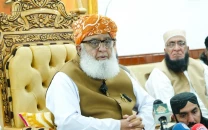

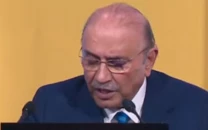

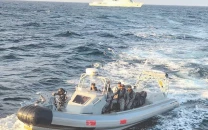
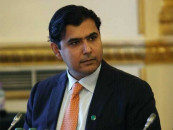

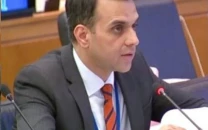












COMMENTS
Comments are moderated and generally will be posted if they are on-topic and not abusive.
For more information, please see our Comments FAQ